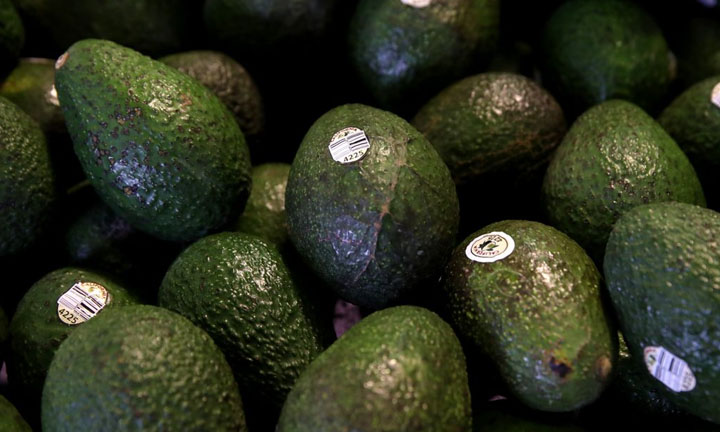SOURCE: Sarah Zimmerman, Supply Chain Dive
Mexico is the world’s largest producer of avocados, meaning that a smaller crop out of the country has an outsized impact on global supply.
The U.S. imports approximately 90% of its avocado supply, with 88% of all shipments coming from Mexico, according to the U.S. Department of Agriculture. Approximately 76% of fruit Mission distributed in the U.S. was sourced from Mexico, according to CEO Steve Barnard.
Mission executives did not specify why harvests were lower this year, though the USDA predicted in June 2021 that drought conditions in Mexico could hamper production in upcoming crop cycles. The agency also noted in October that growers expect trees will need to recover for a season following record production in the 2020-2021 cycle.
Overall production of the fruit in Mexico is expected to decline 8% this season, the USDA said. U.S. avocado imports were down 17% in January 2022 compared to the year prior, “likely due to the smaller crop in Mexico,” according to the agency.
Tight supply has led prices to skyrocket. Mission distributed approximately the same amount of volume in the second quarter as it did in Q2 of 2020, with prices 24% higher over the same period. But fewer avocados has meant lower profits — gross profits weredown 27% compared to the same period last year, “primarily driven by the impact of lower avocado volume” according to Giles.
Mission is relying more on increased volume from California and Peru, which have both seen increased output. The company has been investing in its own production in Peru and has planted in different locations that target specific harvest periods to try to secure long-term supply .
Still, the company acknowledged it wouldn’t be enough to completely replace the loss from Mexico.
“While Mission’s global footprint provides sourcing advantages relative to the industry as a whole, there are not enough ample sources of fruit available at this time of year to meaningfully offset the impact of the Mexican supply shortages,” Barnard said.

